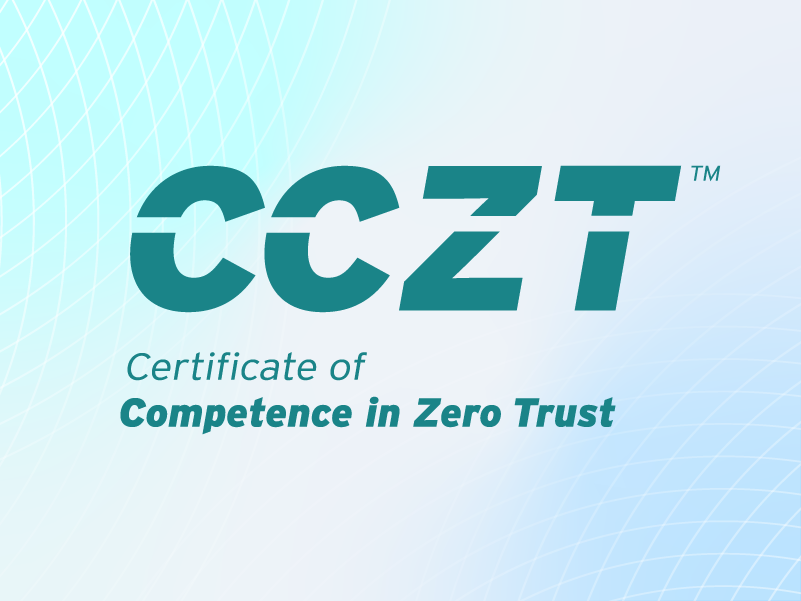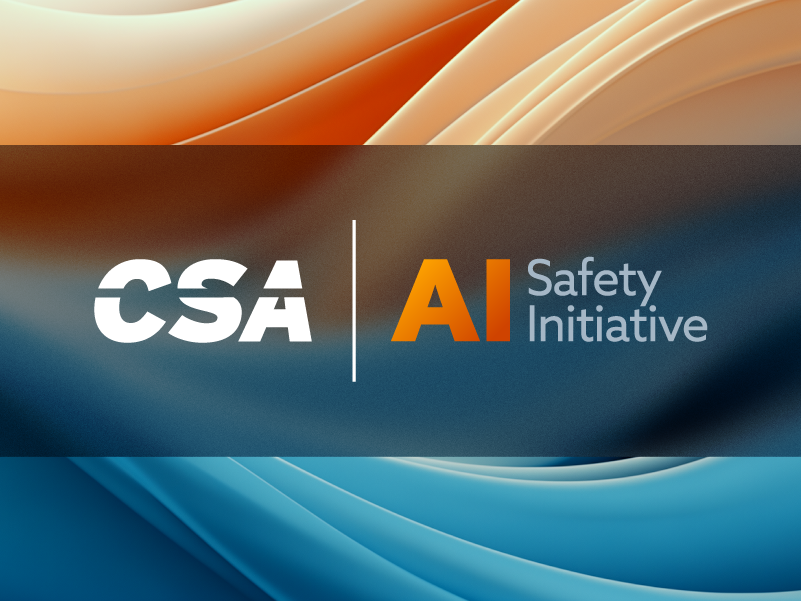Quantum Readiness Importance: A Comprehensive Guide
Published 07/03/2024
Written by Ascertia.
Digital security is evolving at a blistering pace. The advent of quantum computing represents both a formidable challenge and a significant opportunity. Ascertia recognises the need for businesses to prepare for this technological shift to ensure the integrity of digital identities and signatures.
This blog, based on a recent #AscertiaOn with Thales’ Blair Canavan and Ascertia’s Mike Hathaway, delves into the critical aspects of quantum readiness and its impact on digital security.
Why is quantum readiness critical for business?
Digital security is woven into the fabric of modern business operations. From e-commerce transactions to secure communications over VPNs, every application, device, and server within a corporate network relies on robust security measures. Digital identity is a cornerstone of this ecosystem, ensuring the secure execution of code and the protection of corporate assets.
Quantum computers possess the potential to disrupt current cryptographic systems significantly. This reality underscores the importance of auditing your environment to understand where and how cryptography is involved.
Knowing your cryptographic landscape is a critical step in becoming quantum-ready. The transition to quantum-resistant solutions is not just a technical necessity but a strategic imperative for maintaining business continuity and security.
How will quantum computers impact digital signatures?
Digital signatures are the digital equivalents of traditional wet signatures, used to authenticate and authorise documents and transactions. They are integral to maintaining digital communications. However, the advent of quantum computing poses a significant threat to this trust framework.
Compromised integrity
Quantum computers could potentially recreate digital identities, allowing malicious actors to forge signatures and authorise transactions fraudulently. This capability threatens not just digital signatures but the entire digital identity ecosystem. The ability to replicate someone’s cryptographic identity can lead to unauthorised access to sensitive information and financial resources.
Beyond documents
The implications of quantum computing extend beyond digital signatures on documents. The integrity of any digitally signed data, including software updates and telemetry data, could be compromised. Ensuring that what we believe to be unaltered and authentic remains so in the face of quantum threats is paramount.
Preparing for quantum readiness
The timeline for quantum computing’s widespread impact remains uncertain. However, waiting for a definitive data is not an option. Preparation must begin immediately. Organisations need to shift from prediction to proactive preparation, understanding that quantum computing is progressing from theory to reality.
Take a holistic approach
Preparation involves a comprehensive audit of all systems and data. This process includes identifying where cryptographic measures are applied, from stored data to active digital identities. It's vital to engage with vendors and ensure that quantum-safe solutions are on their radar as well.
Harness opportunities for improvement
While the transition to quantum-resistant cryptography is a significant undertaking, it also presents opportunities to reassess and improve existing systems. Projects implemented years ago with then-current technology can now be updated with more advanced and secure solutions. For instance, centralising cryptographic credentials within a hardware security module can enhance security and streamline access management.
The positives of preparation
Preparing for quantum readiness is not solely about mitigating threats. It's also about embracing the opportunity to enhance overall security posture. By conducting a thorough audit and engaging in proactive preparation, organisations can identify and implement improvements that offer long-term benefits.
Practical steps forward
Practical steps include leveraging firmware updates for existing hardware security modules (HSMs), which can be implemented without extensive replacements. This approach ensures that the transition to quantum-resistant solutions is manageable and cost-effective.
The goal is to achieve a balance between preparation and operational continuity, ensuring that businesses remain secure while adapting to new technological realities.
The role of vendors in preparation
Vendors play a crucial role in this transition. By working closely with vendors, businesses can ensure that their products and services evolve to meet the demands of a quantum computing world. This collaboration is essential for maintaining security across all facets of digital operations.
Related Resources



Unlock Cloud Security Insights
Subscribe to our newsletter for the latest expert trends and updates
Related Articles:
Choosing the Right Key Responsibility Model
Published: 01/05/2026
Is Cloud-Native Key Management Right for You?
Published: 12/19/2025
Prepare for Q-Day with Hybrid Mode Key Exchange
Published: 11/17/2025
Quantum Heist? Not So Fast — How Financial Institutions Can Fight Back
Published: 10/10/2025



.jpeg)
.jpeg)
.jpeg)
